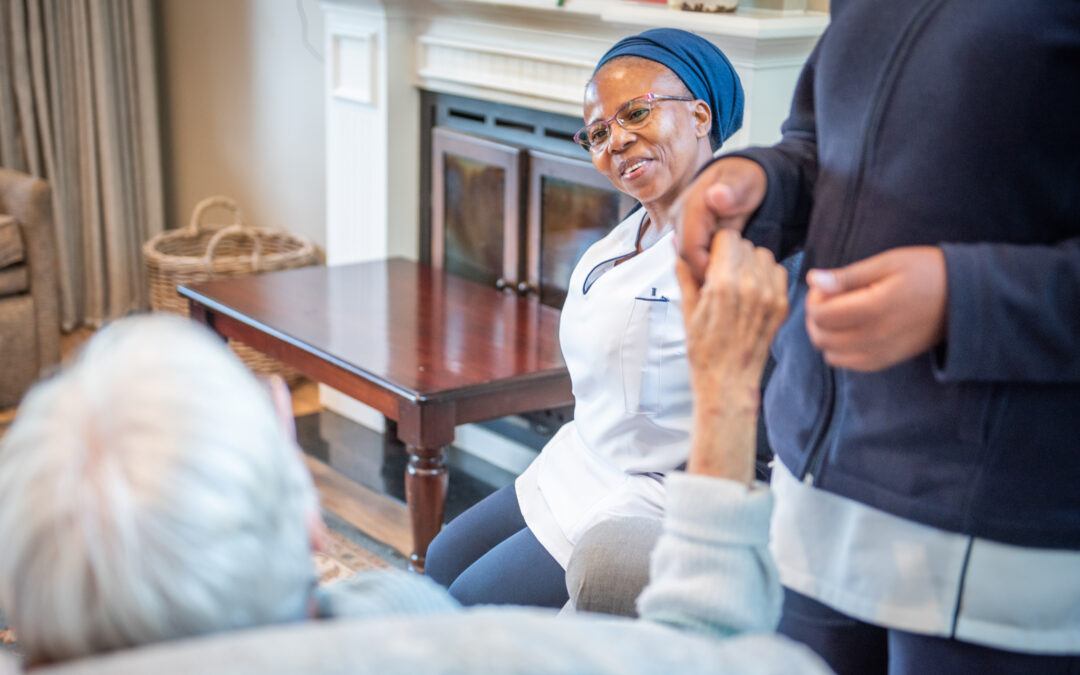Caring for a loved one with Alzheimer’s is a profound and often challenging journey requiring more than just medical attention. It demands a comprehensive support system that encompasses emotional, practical, and social elements. Alzheimer’s is a neurodegenerative condition that not only affects the individual diagnosed but also has a ripple effect on their loved ones. Building a robust support network that includes family, friends, and the broader community is crucial for providing sustainable and compassionate long-term care.
The impact of Alzheimer’s on caregivers and loved ones
Alzheimer’s disease is progressive, leading to cognitive decline, memory loss, and behavioural changes. As the disease advances, caregivers, usually family members, take on increasing responsibilities in providing care. The emotional toll of witnessing a loved one’s cognitive decline can be overwhelming, leading to feelings of grief, stress, and even isolation. This is where a strong support network becomes invaluable.
Family: The backbone of long-term Alzheimer’s care
Family members are often the first line of support for individuals with Alzheimer’s. Spouses, children, and siblings are faced with the challenge of not only understanding the disease but also adjusting their own lives to provide care, especially if it is long-term. Open communication within the family is vital to ensure everyone is on the same page regarding care decisions, treatment plans, and the emotional challenges that arise. Siblings can provide additional support by sharing responsibilities and allowing primary caregivers to take necessary breaks. Dividing tasks such as doctor appointments, meal preparation, and medication management can help distribute the load while maintaining a high standard of care.
One of the most challenging decisions families often face during Alzheimer’s care is whether to move their loved one to a care facility. This decision is deeply emotional and complex, considering the individual’s safety, well-being, and quality of life. Family unity becomes paramount during these moments. Open communication, understanding each member’s perspectives, and shared decision-making are crucial. While opinions may differ, it’s important to remember that the ultimate goal is the best possible care for the individual with Alzheimer’s. Working together, families can ensure that this decision is made with love, compassion, and the best interests of their loved ones at heart.
Friends and Community: The Pillars of Emotional Support
Friends play a unique role in providing emotional support for caregivers and the individual with Alzheimer’s. While they might not be directly involved in day-to-day caregiving tasks or providing long-term care, their presence can offer much-needed respite and a sense of normalcy. Spending time with friends who understand the situation and offer nonjudgmental companionship can help caregivers recharge and maintain their mental well-being. Friends can also engage in simple activities with the individual with Alzheimer’s, such as taking walks, playing games, or sharing stories from the past. These interactions contribute to the person’s social engagement and cognitive stimulation, both of which are crucial for maintaining a sense of self.
The role of the community is often underestimated in Alzheimer’s care, but it can have a significant impact. Community resources, support groups, and local organizations focused on Alzheimer’s can provide caregivers with valuable information, advice, and a sense of belonging. Attending support groups allows caregivers to share their experiences, exchange coping strategies, and gain insights from others facing similar challenges. Community organisations can also provide practical help. These resources help caregivers build their skills, manage stress, and navigate the complex world of Alzheimer’s care more effectively.
Connection
In today’s interconnected world, technology plays a crucial role in building a support network, especially for caregivers who might be geographically separated from their loved ones. Video calls, social media, and messaging apps enable family members and friends to stay updated on the individual’s condition, share moments, and provide emotional support even from afar. One of the most significant contributions of a strong support network is the power of empathy and understanding. Alzheimer’s care can be emotionally taxing, and having people who truly comprehend the challenges can make all the difference. This empathy creates a safe space where caregivers can express their feelings, fears, and frustrations without judgment.
Alzheimer’s disease doesn’t only impact the individual diagnosed; it touches the lives of caregivers, friends, and the entire community. Building a robust support network is about lightening the caregiving load and fostering emotional resilience, sharing moments of joy, and providing a safe haven for caregivers to express their concerns. In the journey of Alzheimer’s long-term care, family, friends, and community become the pillars upon which sustainable and compassionate care is built. By embracing these relationships, caregivers and their loved ones can navigate the challenges of Alzheimer’s with greater strength, unity, and a sense of shared purpose.
